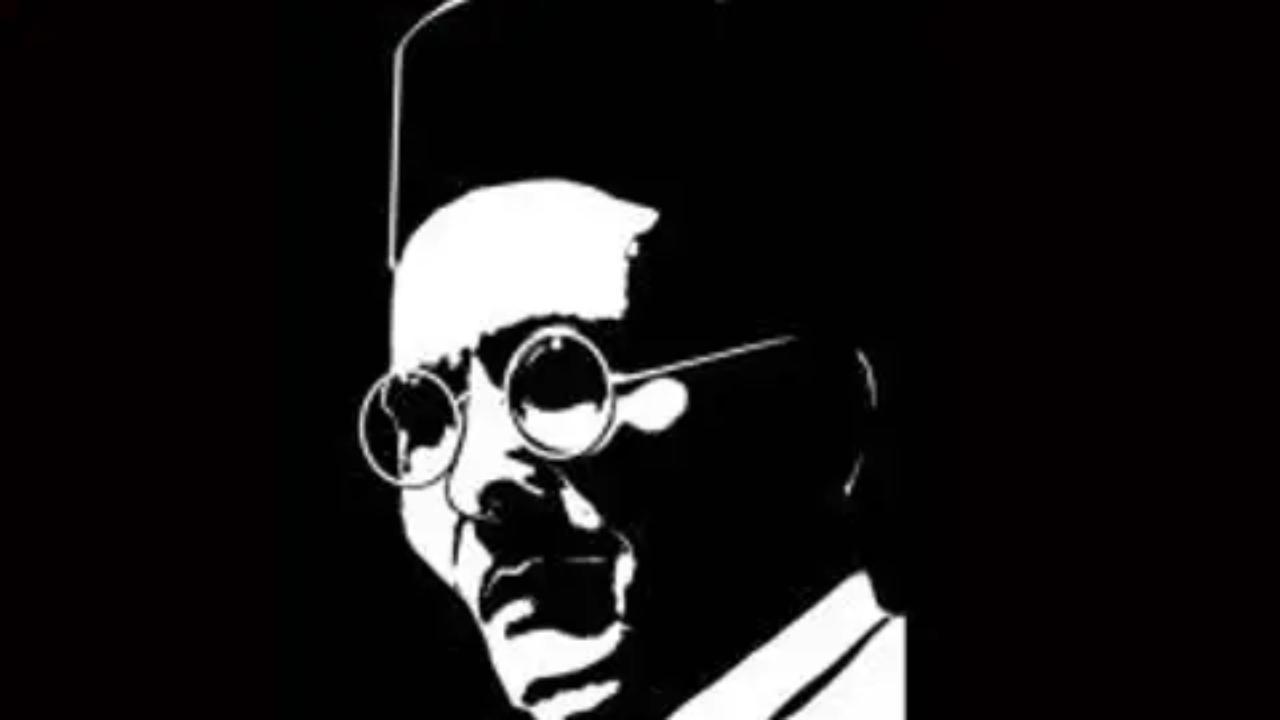He was born on May 28, 1883, in Bhagur village near Nashik. Savarkar has been known for his contribution to the Indian independence movement

Illustration/ Uday Mohite
Vinayak Damodar Savarkar also known as Veer Savarkar was an independence activist, social reformer, and founder of the Hindu nationalist organization Rashtriya Swayamsevak Sangh (RSS). He was born on May 28, 1883, in Bhagur village near Nashik. Savarkar has been known for his contribution to the Indian independence movement.
ADVERTISEMENT
Following are a few facts about Vinayak Savarkar:
- He is best remembered for advocating the ideology of Hindutva, and as a pioneer of the Hindu nationalist movement in India.
- He was the founder and president of a political party - Hindu Mahasabha that advocated Hindu nationalism. Savarkar is credited with popularising the term "Hindutva" in India.
- Savarkar was arrested during India's struggle for independence for his involvement in revolutionary activities and sentenced to life imprisonment in the Andaman Islands. Later, he was released in 1924, after serving 11 years in prison.
- He was educated in Pune and got involved in revolutionary politics at a young age. Savarkar wrote on various topics related to politics, history, and culture. Savarkar always believed that India was a Hindu Rashtra (Hindu nation).
- After his release from prison, Savarkar continued to be involved in politics and founded the Hindu Mahasabha, a right-wing Hindu nationalist political party.
- He also served as president of a political party - Hindu Mahasabha that advocated for Hindu interests.
- Savarkar died on February 26, 1966, at the age of 83.
Famous quotes by Vinayak Savarkar:
"One country one God, one caste, one mind brothers all of us without difference, without doubt."
Calmness in preparation but boldness in execution, this should be the watchword during the moments of crisis."
“Every person is a Hindu who regards and owns this Bharat Bhumi, this land from the Indus to the seas, as his Fatherland as well as Holyland, that is, the land of the origin of his religion."
 Subscribe today by clicking the link and stay updated with the latest news!" Click here!
Subscribe today by clicking the link and stay updated with the latest news!" Click here!







